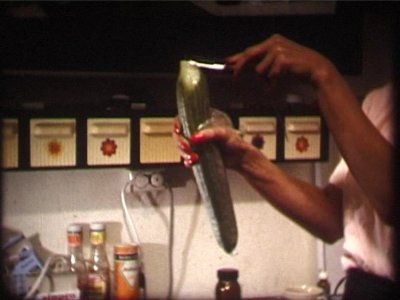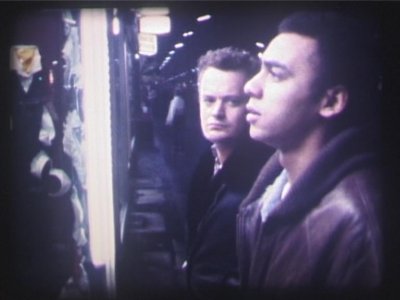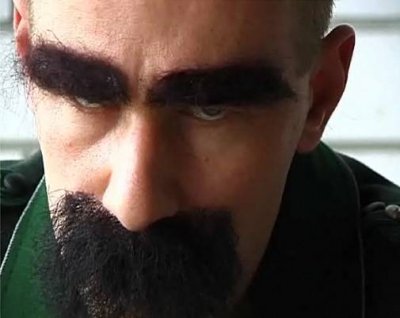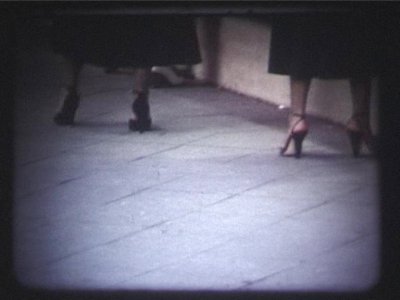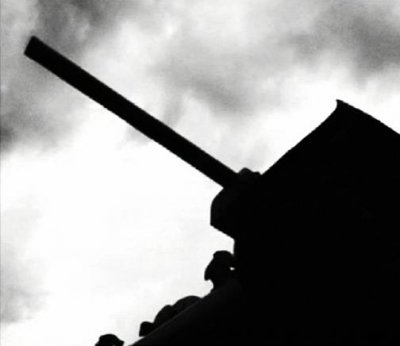Erwin Kneihsl
Some 1978 – 2005
Monday December 6 at 7pm
list of movies:
Horny Boys in der Reichsbahn, 1979 / 8mm (transferred to DVD), 9min, no sound
Bandage Love, 1979 / 8mm (transferred to DVD), 9min, no sound
A Busy Woman, 1979 / 8mm (transferred to DVD), 9min, no sound
Shoe Love, 1978 / 8mm (transferred to DVD), 15min, no sound
Stalin´s Death, 2004 / Video, 7,30min
Nietzsche, 2004 / Video, 4min
Austria Is the Better Germany, 2005 / Video, 4min
——-
The Austrian photographer and film-maker Erwin Kneihsl (b. 1952 in Vienna) is one of the most interesting artists of the middle generation who work in the international milieu of Berlin. As a graduate of the Institute for Graphics in Vienna, Kneihsl is familiar with the traditional craft of reproduction photography. He has been working with traditional analog cameras, such as Leica, while digital photographs are rarely found in his work. He prefers black-and-white photography to create his own unique version of reality.
Apart from photography, Kneihsl has made his mark on the art scene through film. One of his early projects was the 1980 „Deutschland privat – Eine Anthologie des Volksfilms“ (Private Germany – Anthology of Home Movies). This film, co-directed with Robert Van Ackeren, presented a collage of amateur 8mm films depicting vacations, family celebrations and anniversaries but also home movies featuring real porn action. This material was supplemented by typically black-and-white shots of the artist evoking film noire.
Kneihsl works with mystification and irony as a strategy to come to terms with topical and historical issues most often related to Germany. In his photography books, e.g., „Deutsche Geschichte und Heldengräber“ (German History and the Graves of the Heroes), he aims to chronicle „timeworn witness accounts of grand promises: monuments of the ghosts of the last hundred years“. His comprehensive but so far little known work results from the numerous trips Kneihsl has undertaken within Central Europe: Austria, Germany, the Czech Republic, Poland, and Lithuania. In the Czech environment he grew interested especially in the Constructivist architecture of the 1920s and 1930s, the villas in Brno and its surroundings.
What is characteristic of these photographs is that Kneihsl uses traditional techniques of black-and-white photography; he works with plate cameras to produce unpretentious and somewhat discreet photographs reminiscent of amateur snapshots. Paradoxically, however, his photographs emerge from precise observation and expert work in the darkroom where he develops and processes film as if he were an alchemist or a magician striving to reveal hidden meanings of things and situations.
Zdeněk Felix
